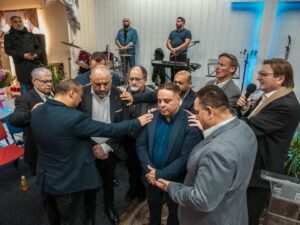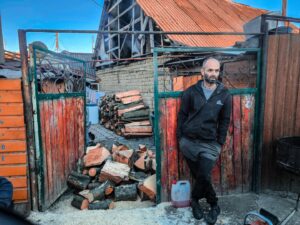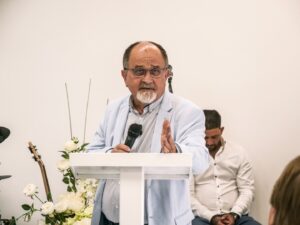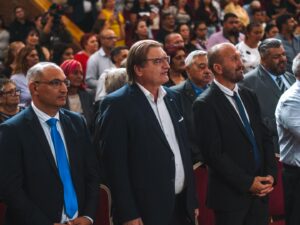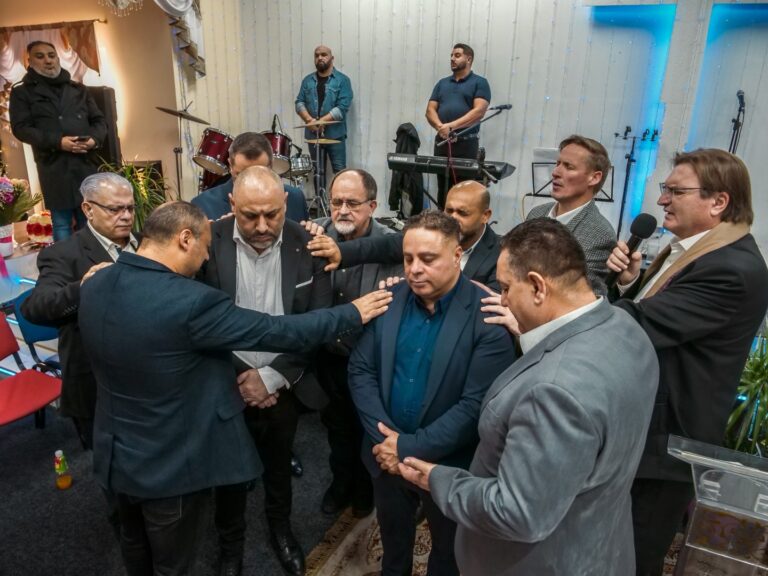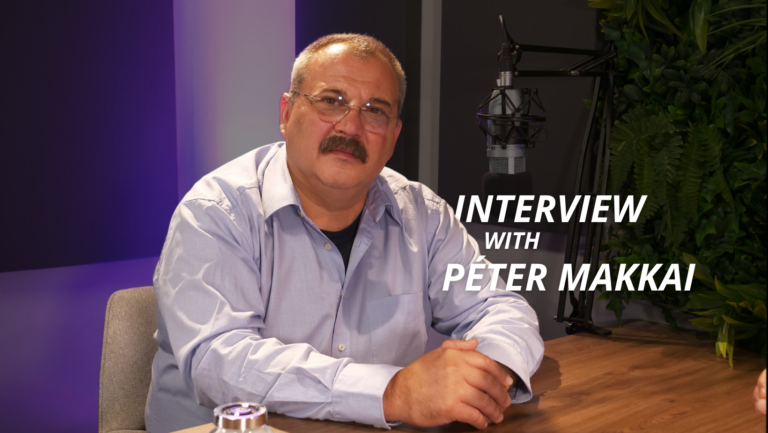Every year on August 2nd, we commemorate the victims of the Roma Holocaust and the heart-wrenching events that affected the European Roma community during World War II. This year as well, a memorial event was held at the Békés Center of the Hungarian Gypsy Missions International in honor of the Roma Holocaust Victims Memorial Day.
During World War II, the Nazis and their allies systematically carried out the genocide of the Roma, with thousands of individuals and families being sent to ghettos, concentration camps, and labor camps. Following the resolution of the Congress of the International Romani Union in Paris in 1972, August 2nd has been observed worldwide as a day to remember the Roma victims of the Holocaust. The Gypsy Mission also joins in this Memorial Day each year. This year, in collaboration with the Békés City Municipality and the Roma Methodological and Research Center, they organized a commemorative event.
“In the same way as those with a homeland, the Roma people became victims of the Nazi ideological genocide. However, God bends down to the Roma people in a powerful way, transforming them by entering their lives, making them into different people,” emphasized Albert Durko, president of the HGMI, in his welcome address.
“This present anniversary is painful, as due to a murderous ideology, the most inhumane dictatorship of the blood-drenched century, many of our fellow Hungarian citizens of Roma nationality were also taken from Békés. Their memory is a marrow-shaking scream even from the distance of time, compelling us to ensure that such horrors can never happen again,” added Dr. Beáta Bódi, the director of the Békés County Government Office. Following her, Julianna Deákné Domonkos, cultural councilor of Békés city, delivered her greeting.
“A thousand times we ask the question, how did we reach the point where hundreds of thousands of our compatriots were stripped of their dignity and sent to the abyss of destruction? Their martyrdom urges every decent person to prevent such disgrace from ever occurring again,” she expressed.
This year’s memorial event was attended by Attila Sztojka, the government commissioner responsible for Roma affairs, who also emphasized in his speech that we must always remember the event that stands as a black mark on the history of the 20th century.
“We must carry this grief throughout our lives, for it resides in our hearts, yet it must always remind us of our duty. We must draw strength to avoid tragedies, for which it is necessary to have faith in God, in ourselves, and in our fellow human beings. We must mutually respect each other, both Roma and non-Roma alike,” echoed the government commissioner in his commemoration.
As part of the program, participants also had the opportunity to attend scholarly presentations on the topic. Dr. Klára Gulyás, associate professor at the Sárospatak Reformed Theological Academy, delivered a lecture titled “The Memory of the Roma Holocaust in Hungary,” while Dr. József Kotics, associate professor at the University of Miskolc, presented on “Memory-Identity-Community.”
Following a high-quality musical program, the commemoration concluded with a wreath-laying and candle-lighting ceremony at the Békés World War II Memorial Site, in accordance with tradition. Before the wreath-laying, Zoltán Karácsony, representative of the Békés County Roma Nationality Municipality, and Julianna Deákné Domonkos, cultural councilor, remembered the events. The lesson of this Memorial Day should be a reminder that we bear a significant responsibility to preserve the memory of the victims while also urging us to stand for the values of acceptance and cooperation and actively participate in the fight against intolerance and prejudice.























